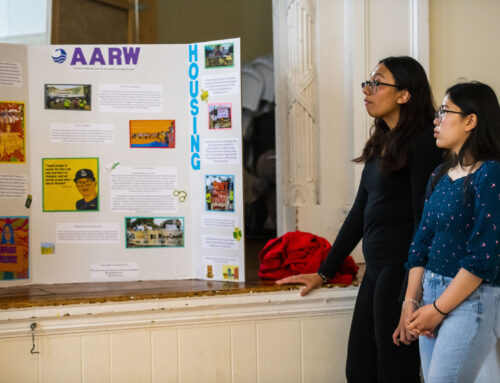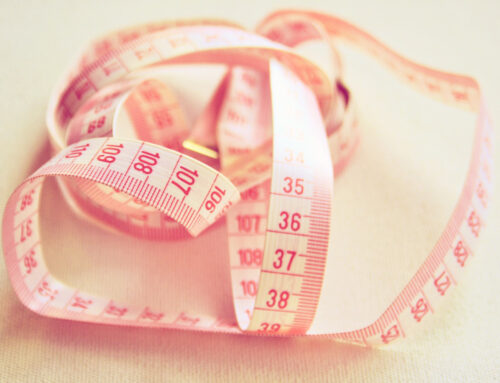
On Sunday night, we all stared shocked at our TV screens or social media feeds as one of the most recognizable actors in Hollywood, Will Smith, smacked comedian, Chris Rock, on stage at the Oscars, as it was being broadcasted live internationally. Based on the audience’s initial reaction and a trending Twitter page aptly titled, “WHAT JUST HAPPENED”, everyone was both confused and taken aback. Was this a bit? Did Will Smith actually just hit Chris Rock after making a joke? But Smith’s intention was made clear after he got back to his seat, yelling and repeating the demand: “Keep my wife’s name out your f***ing mouth!”
In an era where everyone can share their thoughts with the online masses, the internet was flooded with memes, condemnations, and conspiracy theories about the night-defining incident, as everyone jumped in with their own perspectives about the slap. The next day, opinion articles were published in news outlets such as The New York Times and The Washington Post. As a happy subscriber of both, I read the opinion pieces shortly after they were published, and honestly, I felt so vehemently ignored as a Black woman.
Although I do not support anyone putting their hands on someone else for making a distasteful joke, I became frustrated by the echoing rhetoric weaved into many of these opinion pieces. In regards to Smith’s lack of decorum at the Oscars, these writers repeated one theme: “Jada does not need to be protected.”
There’s truth to this. Women are not damsels in distress, waiting for their male counterparts to jump out and defend their honor. Women are perfectly capable of handling themselves and their ordeals.
And this has been proven especially by Black women, who have continuously had to defend themselves. Yet, the argument that Jada shouldn’t need protection ignores the reality that Black women have never been protected.
Historically and presently, Black women are not seen as docile. Black women are not seen as defenseless. It is, in fact, quite the opposite. We are seen as angry, aggressive, combative, and sex fiends. Actually, we are often associated with masculinity as an effort to deny our womanhood.
We have been abused and raped on plantations; we have been lynched alongside Black men for simply being Black, and we have been publicly and brutally disrespected by those inside and outside of our community with supposed allies laughing along or never stepping in to defend us.
What comes as a result of our intercrossed identities of racial and gendered discrimination is a coping mechanism called the “Strong Black Woman.” The SBW trope created a culture where Black women are consistently asked to give without receiving anything in return. This is seen during elections, social justice efforts, and even in the household. The SBW is allowed to be diminished and trashed because “she can handle it.” It allows misguided praise of accomplished Black women, such as Supreme Court Justice nominee, Ketanji Brown Jackson, for her composure while politicians tore into her and her work as a judge. Rather than commending her composure, a stronger alternative would be advocating for a respectable environment in which Jackson can be tested on her eligibility for the job.
Being a “Strong Black Woman” sounds feminist, it sounds progressive, but it enables people to forget that we are emotional beings that have feelings and insecurities. It enables people to stay silent on a point of actual female empowerment, which is to ensure a safe society for all women, for women to flourish without fear.
Rejecting “male protection”, especially in the form of unwarranted violence, is a feminist ideal, but being defended by men on a public scale has seldom been a luxury for Black women.
It is important to understand that we need safety and that comes from others stepping up and defending us. If not, we will be left fighting for ourselves, or rather simply eye-rolling because that is all you can do as a woman, expecting no one to help.
All women have plenty in common when it comes to oppression, but the mechanics of intersectionality have been fatally ignored in an effort to criticize toxic masculinity.
So, Smith should’ve never slapped Rock. However, on a rare occasion, we saw someone defend his wife, a Black woman, after repeated public disrespect. Maybe this can give everyone the chance to take notes.



